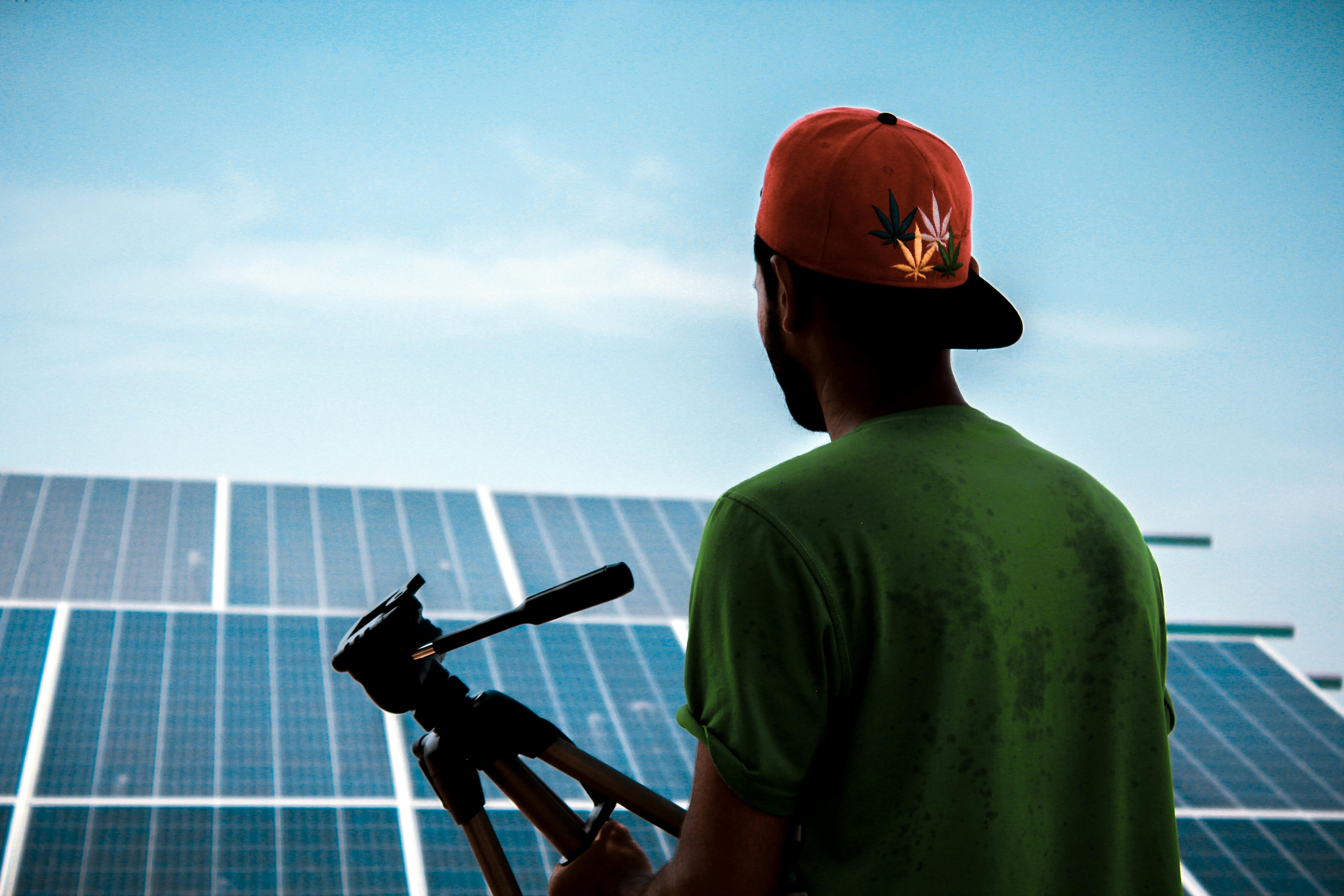It may seem like a distant memory now but back in the summer the UK experienced weather so hot and dry that there were Indonesia-style peat fires raging across our moorlands. In fact, many parts of the world were in the grip of extreme heat. Montreal had its highest temperature ever with 33 deaths attributed to the scorching heat in Quebec. Oman spent an entire 24 hours never going below 42.6C in June. Should we all expect more of these sweltering temperatures and should we be getting prepared to deal with this in the future?
Though there have always been occasional extreme weather events both warm and cold, what we had was extra short-term warmth from the jet stream being further north than usual which added to the long-term trend of rising global temperature. The evidence is clear: the US National Oceanic and Atmospheric Administration have shown that all 18 years of the 21st century are among the 19 warmest on record. 2016 was the warmest year ever recorded. Since the industrial revolution the temperature of global surface air has risen by 1C. It is highly likely that extreme heat will become a feature of our summers.
Some people suggested at the time that the heatwave this year was related to the to the every-few-years shift of Pacific Ocean currents that affects global weather patterns, known as El Niño but the heatwave was attributable to the earth moving to an ever warmer state as had been expected.
The magnitude of the challenge we face is huge. Back in in 2009, representatives of industrialized nations met in Copenhagen and agreed on the advisability of preventing global average temperatures from rising more than 2 °C above their pre-industrial levels. In 2014, the Intergovernmental Panel on Climate Change declared that doing so would require cutting greenhouse gas emissions 40 to 70 percent from 2010 levels by midcentury. These targets then guided the Paris Agreement, in 2015.
The amount of warming we see is directly related to the cumulative emissions of carbon dioxide. If we are to stop the warming it means we need to move to zero emissions. Progress has been slow despite the Paris agreement. 80% of the world energy use is still from fossil fuels. Although the renewables share is rising rapidly, so is energy use causing carbon emissions to flatline rather than decline. Large and rapid change will make it very difficult for societies to cope.
So, what can be done? There are things we can all do to adapt. We can cool our homes by keeping the curtains and windows shut on the sunny side of our houses during the day to slow the rate at which they heat up, and then open windows at night to cool them down. We can all keep a close eye on the very young and the very old as they cannot regulate their temperatures very well and will suffer most in the heat. There need to be changes to social care to attend to the needs of people who are vulnerable to high temperatures to try and prevent death tolls such as in the 2003 European heatwave when 70,000 people were killed, mostly older people.
It is clear that this new coming reality is not yet on the UK political agenda. Mediterranean type summers will require adapting our national infrastructure, particularly around maintaining water supplies, updating housing stock currently built to retain heat and managing our land to avoid more catastrophic fires. It is not yet fully understood how different climate change will make the experience of living in the UK.
The rise of civilisations and development of farming happened in a 10,000-year window, a period of unusually stable environmental conditions. The heat we experienced this year is a warning of what could be far worse to come. Political action is needed to keep up with our changing reality.
Steven Chu, a professor of physics put it succinctly when he said:
“The climate is changing. The proper political debate would be how to deal with these risks.”










